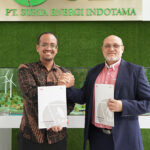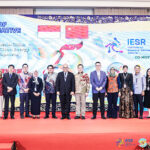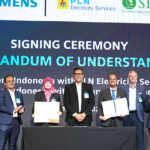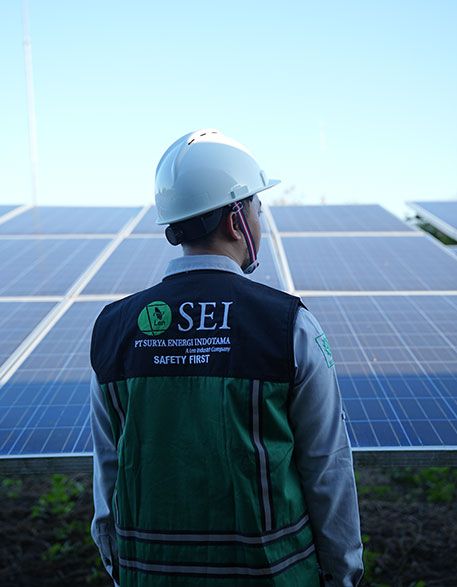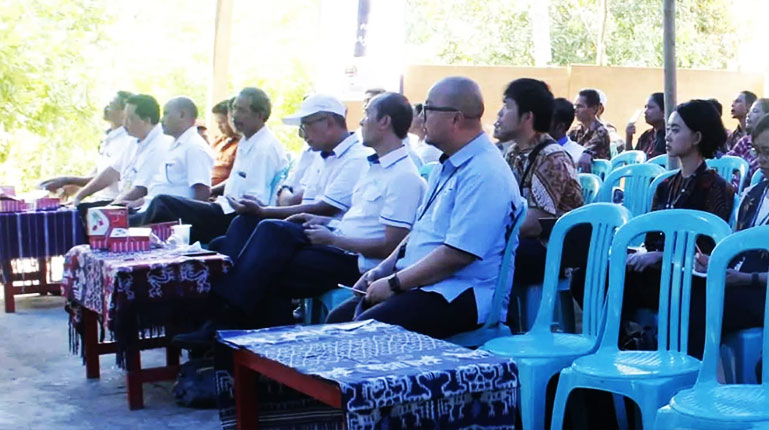
SEI Implements East Sumba PLTS with Land Efficiency
PT Surya Energi Indotama (SEI), a subsidiary of PT Len Industri, has completed a PLTS (Electric Power Plant) development project with a total of 492kWp in East Sumba. The PLTS will electrify 909 homes in remote areas along a 48 km route using poles that can generate electricity using solar panels installed on them. With this design, a large area of land is no longer needed as with conventional PLTS.
There are 11 systems built in five villages, namely Tawui, Lailunggi, Praimadita, Tandula Jangga, and Praiwitu. This assistance program is important because in remote areas that are not reached by PLN, the use of PLTS will overcome the problem of electricity availability at a relatively affordable cost for rural communities compared to using fuel.
The construction of the system by PT Surya Energi Indotama was carried out from September 2017 to March 2018. During that period, construction was carried out from the beginning until the PLTS was functioning and could distribute electricity to the homes of local residents.
On April 11, 2018, the inauguration was held in Tawui Village, opened by Jonathan Nash, Deputy Vice President of Millenium Challenge Corporation (MCC). Also present were Finance Director Len and President Commissioner of PT SEI, Priadi Ekatama Sahari, President Director of PT SEI, Bambang Iswanto, and Technical and Operational Director of PT SEI, Tri Bakti. Speeches were also delivered by the Deputy Regent of East Sumba, Umbu Lili Pekuwali, and the Head of the NTT Provincial ESDM Office, Boni Marasin.
In the implementation of this PLTS, ownership and community participation in managing it are very important. Therefore, during the construction period, the community through BUMDes has been involved in the construction and installation, and has been given training for the operation and maintenance of this PLTS later. In addition, the community also becomes the majority shareholder (51%) of the facility.
PT Surya Energi Indotama involves the local community at every stage which is expected to be the most appropriate long-term management. During the project, training and mentoring in management and entrepreneurship were also provided to more than 250 women and men in the villages involved. The training was intended to improve the economic level of the community so that they could pay for electricity usage and the funds could be managed as operational costs for long-term maintenance of the PLTS.
